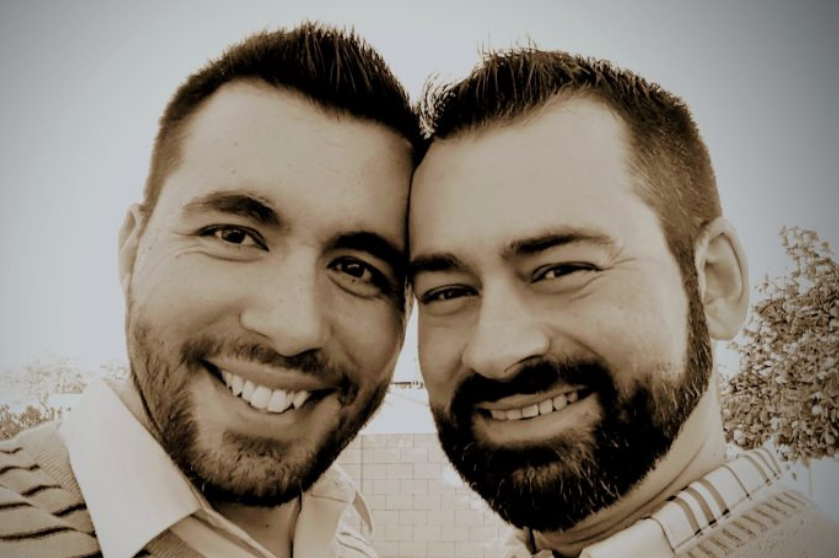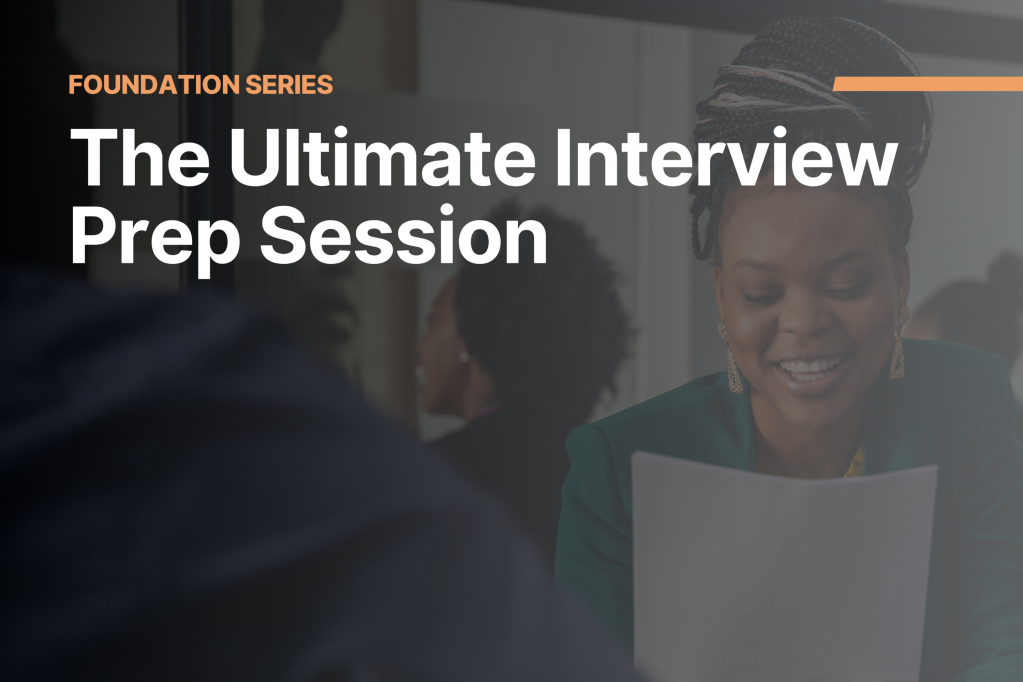
Employer-ready candidates understand how to speak confidently about their technical and transferable skills in ways that sell their professional value to employers. View a more detailed interview prep guide in the Behavioral Interview Prep Guide.
Tell me about yourself.
Think about your past (previous experience and education), present (what you’re now doing professionally and how it’s preparing you for this role), and future (why you want the job you’re interviewing for).
What are your greatest strengths and weaknesses as a mental health counselor?
For strengths, consider the required skills stipulated in the job posting and explain those that you have mastered. For weaknesses, honestly explain an area in need of improvement, but be sure to provide specific examples of how you’re actively working to improve this area.
Why did you decide to pursue a career as a mental health clinician and what type of patients are you most interested in working with?
Explain your motivations for pursuing a career as a mental health counselor, specifically with the client populations that you are interviewing to work with. It’s always important to tailor your answers to show that you are passionate about working in this role at this organization.
What is your theoretical approach to counseling? What theories and techniques do you draw on most frequently in your work?
Explain the theories and counseling techniques you use most often. Give specific examples as to how you’ve used these techniques in practice. Align your approach with techniques or theories the organization advocates on its website or in the job posting. It’s important to showcase how you are the best aligned candidate for this particular position.
Tell me about a time when you and a supervisor had a difference in opinion. What happened and how did you resolve the conflict?
“Tell me about a time…” indicates a behavioral interview question, so use the STAR (Situation, Task, Action, Result) method to tell a story. This question probes how you handle conflict and how you work with a supervisor. Choose an example where you were proactive about improving the situation.
Tell me about a time when you faced an ethical dilemma. What happened and what did you learn from it?
While this question can feel like a trick, it provides an opening to highlight your understanding of counseling ethics. You can discuss anything from transference with a client to confidentiality. Your reaction to the ethical dilemma, and what you did after, is what’s critical. Did you bring it up with your supervisor and discuss how to remedy the situation or how best to move forward? Remember to use the STAR method.
What therapeutic skill has been the most challenging for you to develop? Tell me about how you approached mastering this skill despite the challenge.
A key part of counseling is staying up-to-date on new, evidence-based techniques in the field. The interviewer wants to see that you are dedicated to learning and growing as a practitioner. Think about an anecdote that answers the question honestly, and always use a specific example using the STAR method.
What diversity, inclusion, and/or cultural competence training or coursework have you received and how will you apply what you’ve learned as a mental health counselor?
Zoom in on a few key takeaways from training or coursework. When asked how you will do something, pick two to three ways that you will apply what you learned. Be specific and consider supporting the explanation of your training with a narrative using the STAR method that illustrates how you’ve incorporated these ideas in the past.
How do you build rapport when you notice a client’s resistance to therapy?
Talk about your general approach to building rapport with clients. If you have a specific example, explain the situation and how you broached the issue with that individual.
Tell me about a time when you were overwhelmed with your caseload. How did you manage this situation?
Demonstrating that you can manage your time is essential. There is no right answer to this question. The only wrong answer is that you don’t think critically about managing time and work. Interviewers want to know that you think about organizing your time so you can manage your clients while staying on top of any additional job duties.
Pro Tip: Always keep your answers positive, demonstrate what you’ve learned, and tell a story using the STAR framework (Situation, Task, Action, and Result) for behavioral questions so you can provide details about your accomplishments.






